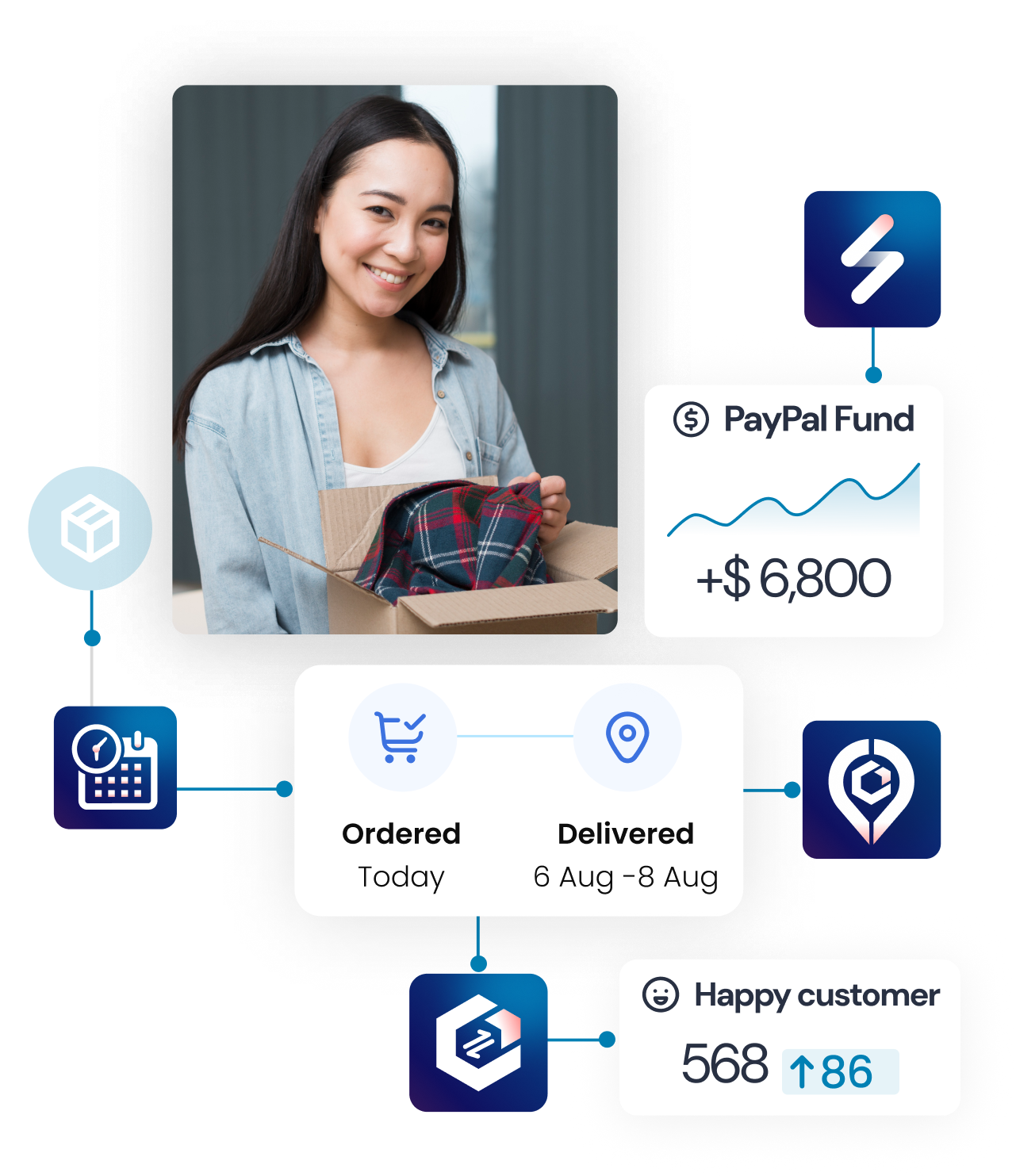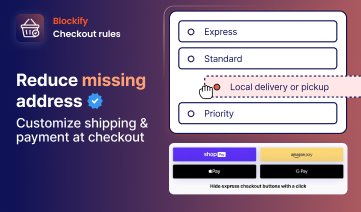You are aware of the basic safety of using PayPal, but scammers constantly find new ways to enter users’ accounts and steal money from them digitally.
They use a variety of cunning tricks, such as payment warnings or PayPal order number lookup via emails, to prey on naive PayPal customers.
To help you avoid being a victim of scam emails, we’ll show you how to detect a PayPal scam email and PayPal number order lookup with other ways you may better protect yourself from them.
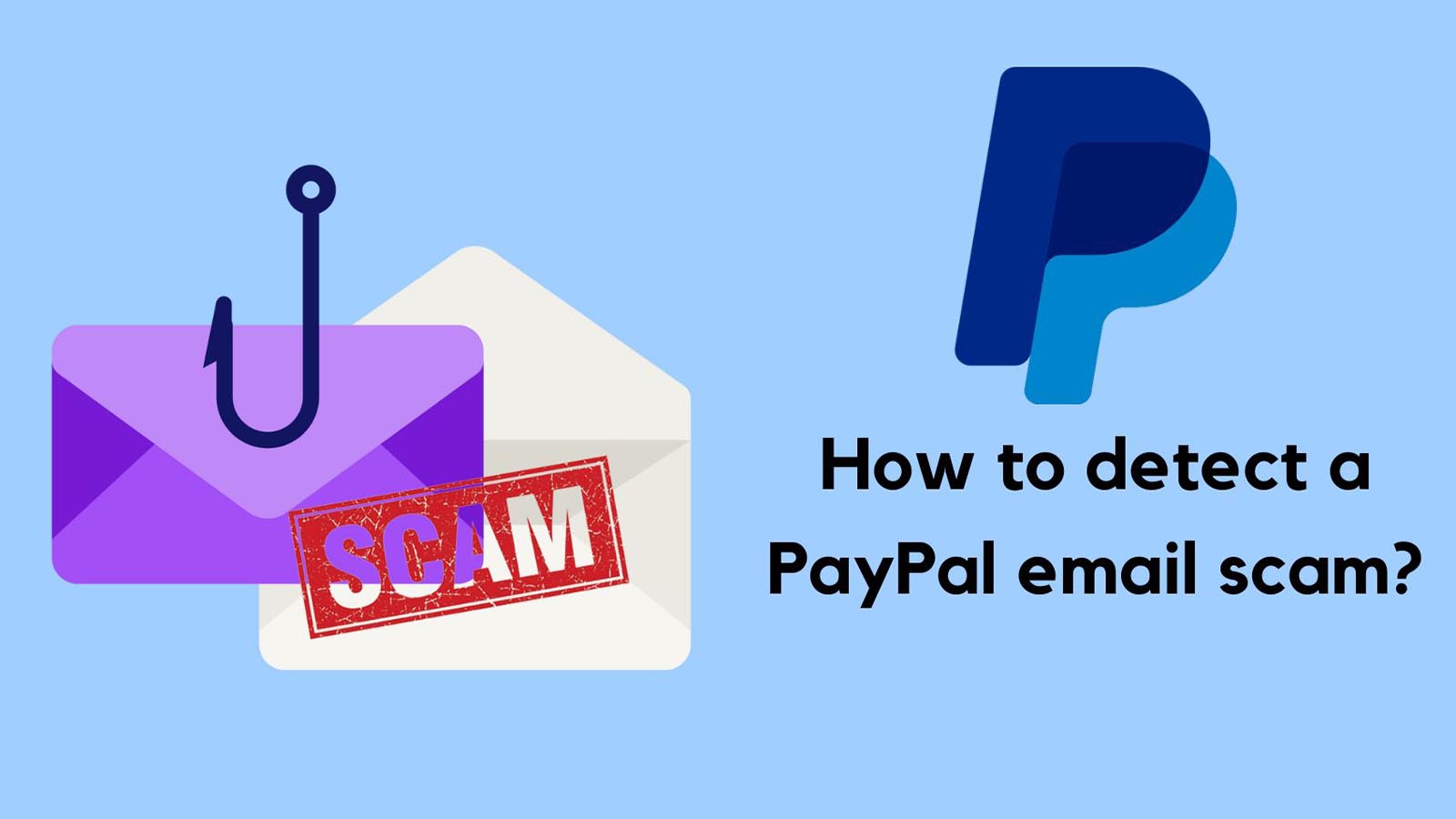
What does a PayPal scam email like?
Scam emails or Phishing emails are a specific kind of fraudulent email that is sent with the purpose of tricking the receiver into clicking an unsafe link or inadvertently revealing personal information.
Usually, scammers take a great effort to make these emails appear exactly like a real email from the company or the individual they’re impersonating.
The unusual characters or random digits in the sender’s email address, the beginning “Dear Customer,” and the sense of urgency it expresses are the visible signs for the majority of scam emails.
Here are some main PayPal frauds in 2024 that you should be aware of:
A generic greeting
PayPal emails will always include the customer’s or company’s first and last name. Any phrase beginning with “Dear customer” or “Hello PayPal user” is a deal-breaker.
Request for personal information
Email requests for financial or account information from PayPal are never accepted. Typical scam emails may ask for your bank account login info (ID and passwords), and other private information while pressuring you to comply. Never send someone your personal information.
Computer software update
You can get a fake email with a software update attached. Software updates will never be sent via email by PayPal.
Request for an order tracking number or PayPal order number lookup
Check out any requests for the tracking number or PayPal order number lookup of a shipped item from PayPal-using vendors. You should be aware that PayPal will never request this information before you receive payment for the products and services.
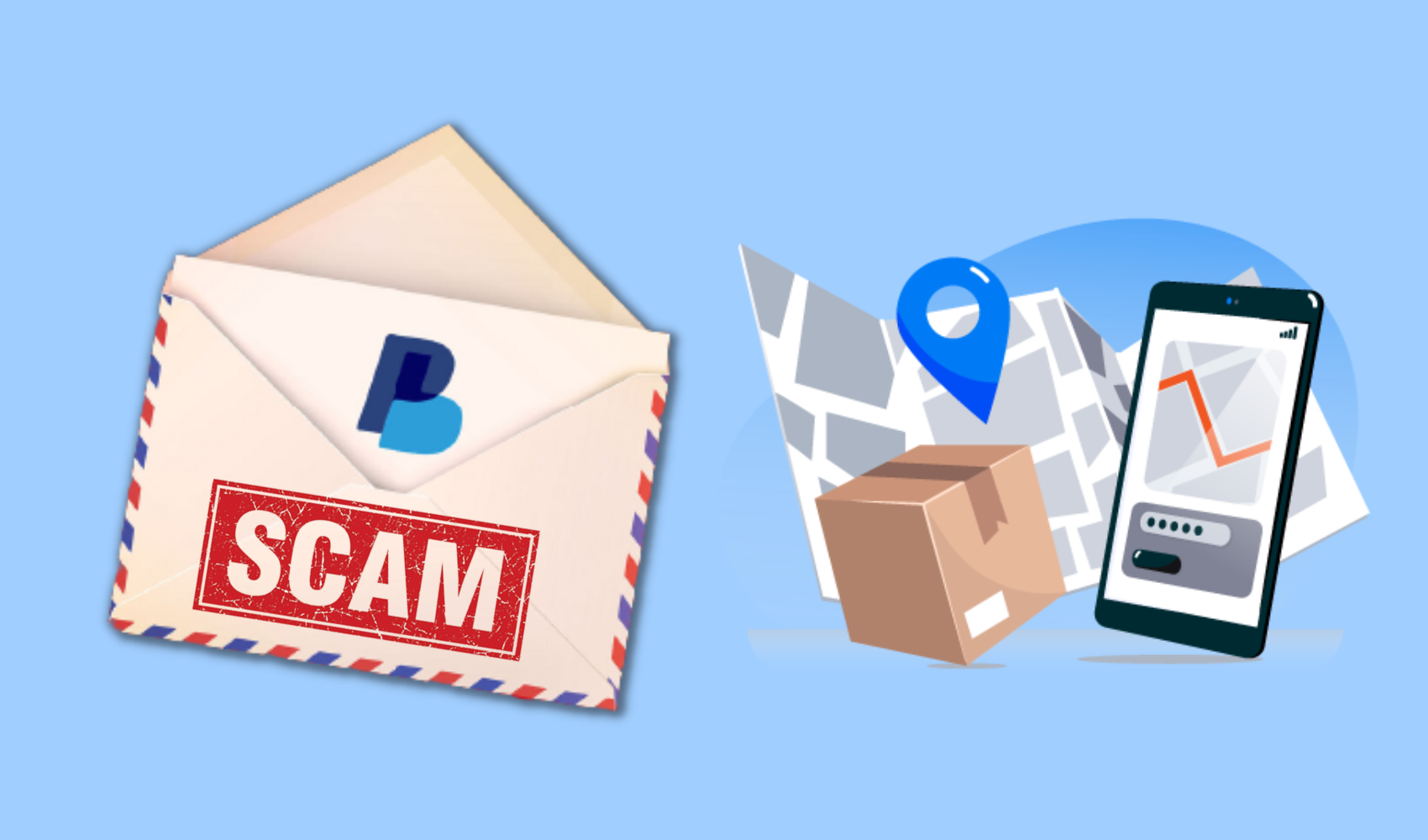
Scam with delivery and payment
Currently, delivery-related scams involving PayPal emails are the most popular.
Many fraudsters who pose as customers request that things are delivered via their preferred delivery service, which they claim gives them a discount. The fraudsters then modify the delivery address before complaining that the products were never sent.
The buyer gives a fake location, and after multiple failed delivery attempts, the company asks them where their order should be shipped. This type of fraud may also be carried out via address replacement.
In this way, they get the item but still lodge a complaint with the vendor stating they were not given what they had paid for.
Additionally, as we earlier mentioned, a lot of PayPal scam emails ask sellers for tracking numbers. You should be very cautious while responding to this email as a vendor.
A question is raised: “Does PayPal send email after payment”. The answer is Yes. As long as you receive payments for the items you’ve sold, an email will be sent to you.
Thus, be cautious with scam emails requesting tracking order number PayPal in case no payment is received.
What should you do if you receive a PayPal scam email?
Don’t freak out if you’ve received an email that shows any of the signs described above. To protect the security of your account, do the following actions right away:
- Forward the scam email to [email protected].
- Keep the subject line and PayPal order number lookup as is.
- Don’t attach the email to a forward.
- Completely delete the email.
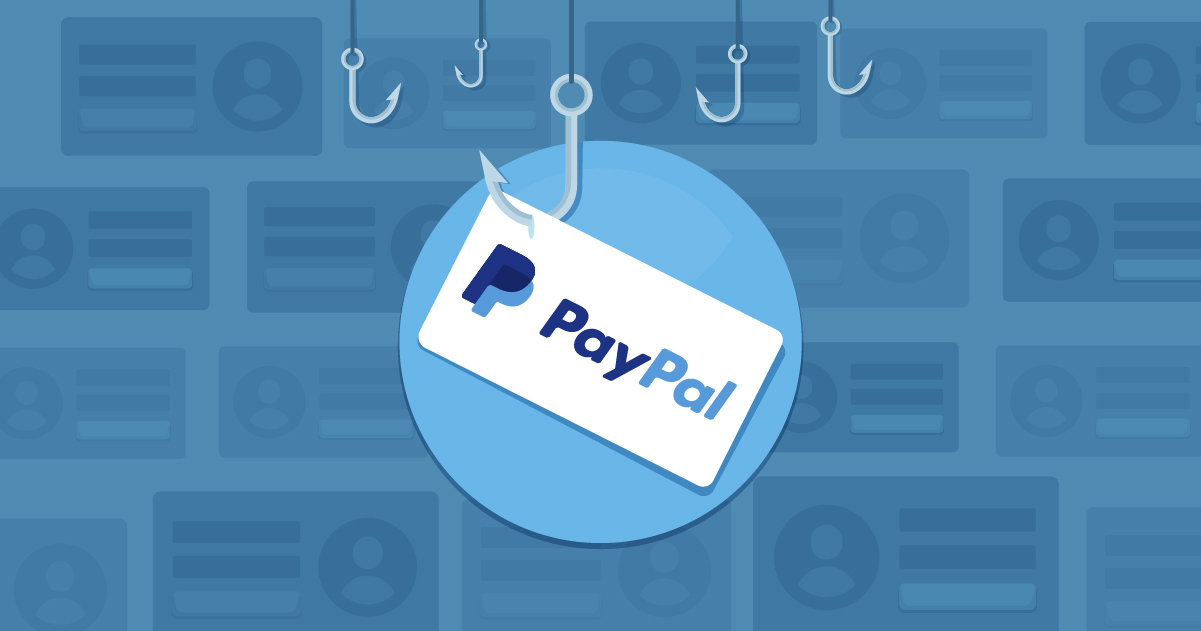
What can sellers do to avoid PayPal email scam?
PayPal users who are vendors deal with a variety of risks.
You should first know: “What email does PayPal use to contact you?” Genuine PayPal emails will always come from paypal.com. It is possible to spoof a friend’s name, but the entire address cannot be forged.
Therefore, always verify the address that the email was sent from, regardless of what the friendly name may show. It is not genuine if it comes from a domain other than PayPal.com.
Also, here are some other security recommendations to keep your company safe from one:
- Join the Seller Protection Program with PayPal. PayPal will compensate you if you experience fraud.
- Only mail purchases to the specific address listed in the transaction information.
- When receiving expensive items, ask for signature confirmation.
- Make sure the shipping and billing addresses are identical by checking them twice.
Besides, you can also add an extra layer of security to all your financial online transactions. When you purchase online, security measures like a VPN, for instance, can assist prevent your private information from getting into the wrong hands.
How to avoid PayPal scam emails asking for tracking numbers? – PayPal order number lookup
There is nothing better than providing the customer with a tracking number via PayPal from the very beginning after the order is shipped to the carrier.
This way, no scam emails asking for tracking numbers can make you panic since you know that you’ve already synced all tracking numbers from Shopify to PayPal.
That’s exactly what Synctrack – PayPal Tracking does! Syncing your store’s tracking information to PayPal is one of the best ways to protect your business.
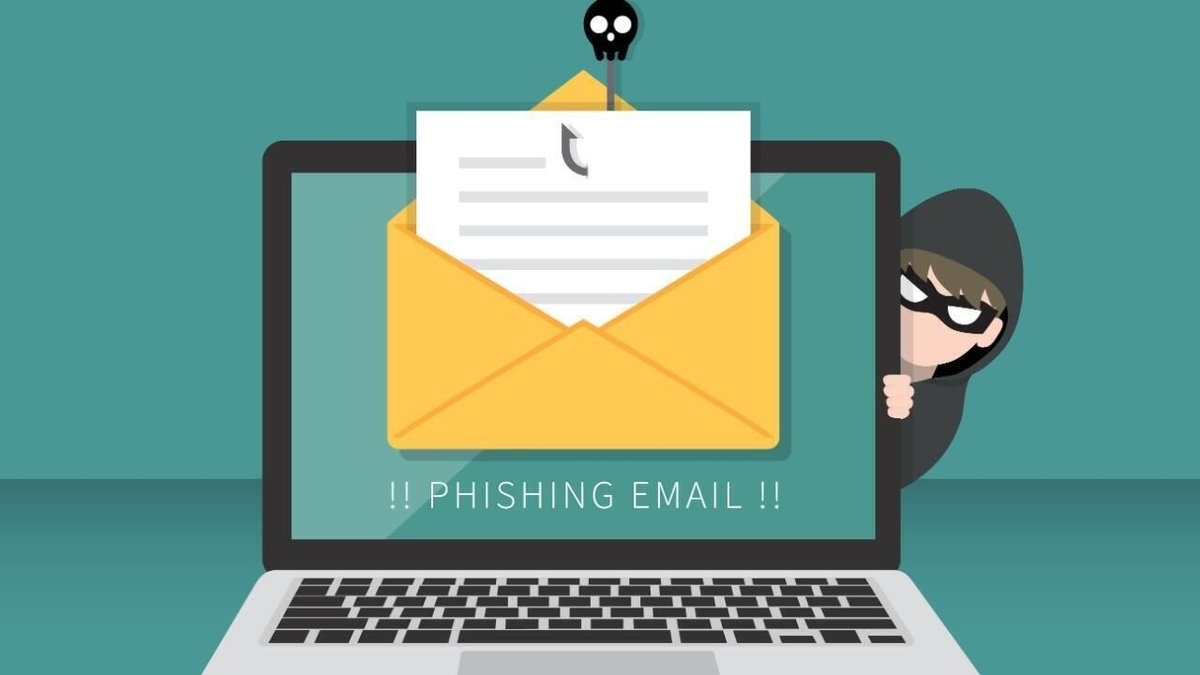
Final Words
Running a business always has potential risks, whether it comes from a simple email you’ve curious about. That’s why every business is always looking for ways to minimize all those risks.
With a powerful tool like Synctrack, we believe that you won’t have to worry about scam emails of PayPal order number lookup anymore.

